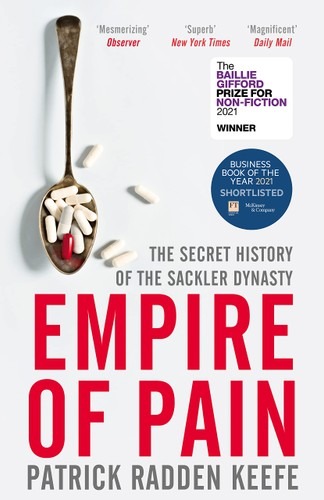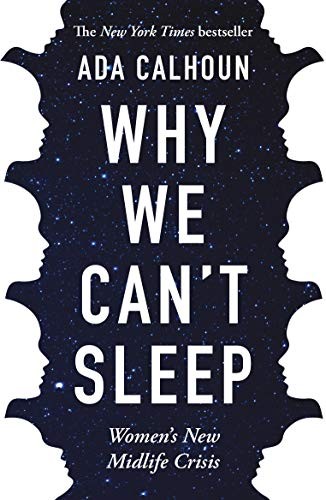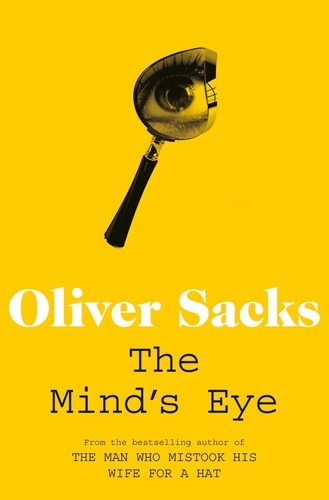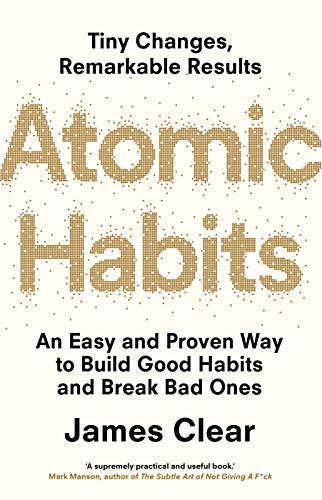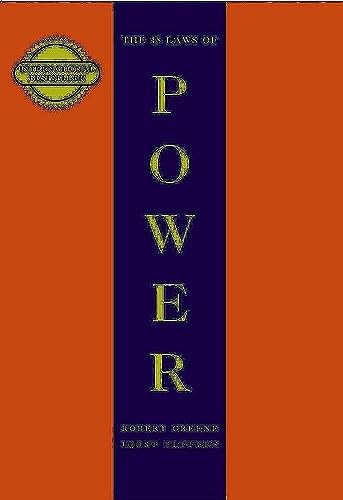Right Kind of Wrong: Why Learning to Fail Can Teach Us to Thrive
3.900,00 د.ج
We All Fail Sometimes. Now, A World-leading Harvard Professor Reveals How These Failures Can Lead Us To Happier, More Successful Lives – Provided We Know How To Learn From Them. We Used To Think Of Failure As A Problem, To Be Avoided At All Costs. Now, We’re Often Told That Failure Is Desirable – That We Must ‘fail Fast, Fail Often’. The Trouble Is, Neither Approach Distinguishes The Good Failures From The Bad. As A Result, We Miss The Opportunity To Fail Well. Here, Amy Edmondson – The World’s Most Influential Organisational Psychologist – Reveals How We Get Failure Wrong, And How To Get It Right. She Draws On A Lifetime’s Research Into The Science Of ‘psychological Safety’ To Show That The Most Successful Cultures Are Those In Which You Can Fail Openly, Without Your Mistakes Being Held Against You. She Introduces The Three Archetypes Of Failure – Simple, Complex And Intelligent – And Explains How To Harness The Revolutionary Potential Of The Good Ones (and Eliminate The Bad). And She Tells Vivid Stories Ranging From The History Of Open Heart Surgery To The Columbia Space Shuttle Disaster, All To Ask A Simple, Provocative Question: What If It Is Only By Learning To Fail That We Can Hope To Truly Succeed?
We All Fail Sometimes. Now, A World-leading Harvard Professor Reveals How These Failures Can Lead Us To Happier, More Successful Lives – Provided We Know How To Learn From Them. We Used To Think Of Failure As A Problem, To Be Avoided At All Costs. Now, We’re Often Told That Failure Is Desirable – That We Must ‘fail Fast, Fail Often’. The Trouble Is, Neither Approach Distinguishes The Good Failures From The Bad. As A Result, We Miss The Opportunity To Fail Well. Here, Amy Edmondson – The World’s Most Influential Organisational Psychologist – Reveals How We Get Failure Wrong, And How To Get It Right. She Draws On A Lifetime’s Research Into The Science Of ‘psychological Safety’ To Show That The Most Successful Cultures Are Those In Which You Can Fail Openly, Without Your Mistakes Being Held Against You. She Introduces The Three Archetypes Of Failure – Simple, Complex And Intelligent – And Explains How To Harness The Revolutionary Potential Of The Good Ones (and Eliminate The Bad). And She Tells Vivid Stories Ranging From The History Of Open Heart Surgery To The Columbia Space Shuttle Disaster, All To Ask A Simple, Provocative Question: What If It Is Only By Learning To Fail That We Can Hope To Truly Succeed?
| Editeur |
|---|
Produits similaires
Why We Can’t Sleep: Women’s New Midlife Crisis
Calhoun decided to find some answers. She looked into housing costs, HR trends, credit card debt averages and divorce data. At every turn, she saw a pattern: sandwiched between the Boomers and the Millennials, Gen X women were facing new problems as they entered middle age, problems that were being largely overlooked.
Speaking with women across America about their experiences as the generation raised to 'have it all,' Calhoun found that most were exhausted, terrified about money, under-employed, and overwhelmed. Instead of their issues being heard, they were told instead to lean in, take 'me-time' or make a chore chart to get their lives and homes in order.
In Why We Can't Sleep, Calhoun opens up the cultural and political contexts of Gen X's predicament and offers solutions for how to pull oneself out of the abyss - and keep the next generation of women from falling in. The result is reassuring, empowering and essential reading for all middle-aged women, and anyone who hopes to understand them.
When Breath Becomes Air: THE MILLION COPY BESTSELLER
When Breath Becomes Air chronicles Kalanithi’s transformation from a medical student asking what makes a virtuous and meaningful life into a neurosurgeon working in the core of human identity – the brain – and finally into a patient and a new father.
Hallucinations
Musicophilia: Tales of Music and the Brain
The Mind’s Eye
The 48 Laws Of Power
Some laws teach the need for prudence ("Law 1: Never Outshine the Master"), the virtue of stealth ("Law 3: Conceal Your Intentions"), and many demand the total absence of mercy ("Law 15: Crush Your Enemy Totally"), but like it or not, all have applications in real life.
Illustrated through the tactics of Queen Elizabeth I, Henry Kissinger, P. T. Barnum, and other famous figures who have wielded--or been victimized by--power, these laws will fascinate any reader interested in gaining, observing, or defending against ultimate control.



